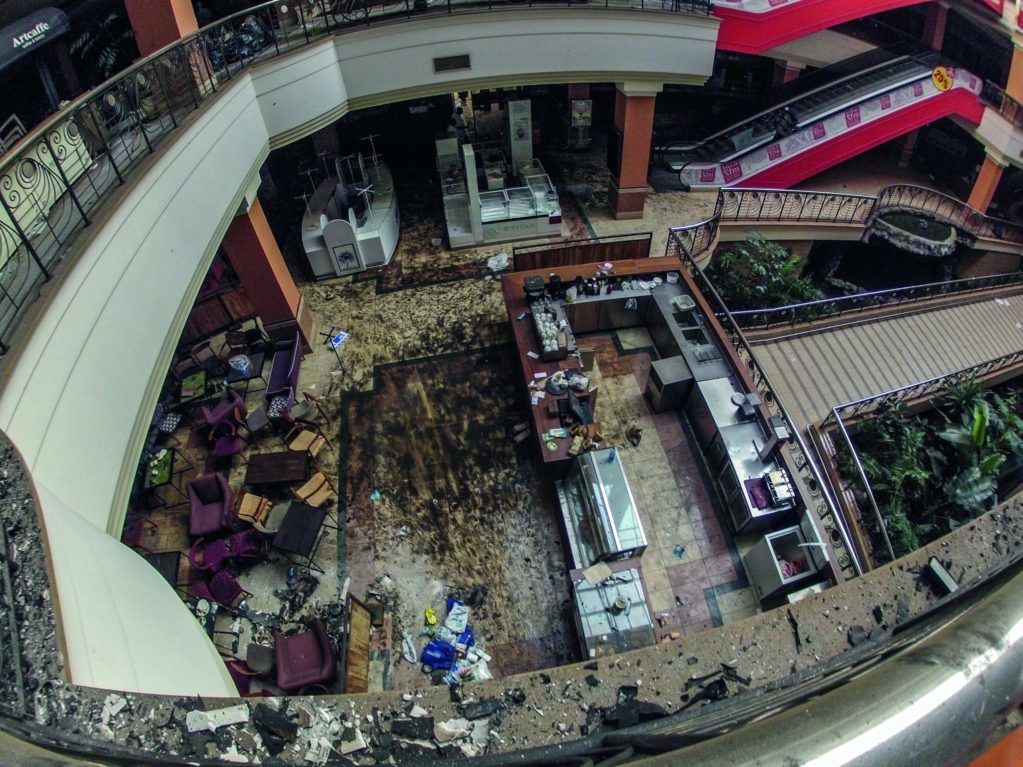Four days after the horrors of the Westgate siege, the mall’s business owners shuffled back to what was left of their businesses. Among them was Joyce Gikunda of Lintons Beauty World, a Nairobi spa and beauty chain. Her Westgate store was the oldest and most profitable of her three branches.

Dr. Joyce Gikunda
“I never recovered anything as mould had set in due to flooded water and our insurance cover didn’t include terrorism,” she says.
Scores of business owners in Westgate rued their insurance. Up to then, terrorism came under political risk and many didn’t know about it and therefore didn’t sign up.
This is changing. The head of the Association of Kenya Insurers, Tom Gichuhi, told London-based ‘Africa Insurance Review’ a few weeks after the attack that business owners had been given a wake-up call.
Loading...
“Especially for firms with no terrorism cover, and those who have terrorism cover, to evaluate their current contract to make sure they are properly covered,” he says.
The concern is the cost. Earlier this year, Kenyan reinsurers pushed up terrorism premiums by 40%. Set against an environment of increasing attacks since Westgate, from Nairobi to the coastal cities, these rates may continue to climb.
“Risk perception is rather high,” says Kenyan analyst Aly-Khan Satchu. He estimates the cost of terrorism cover for businesses to stand at 1% to 3% of annual revenue.
That may be too high for some. Gikunda recently opened a new Lintons outlet at another shopping mall, the Village Market, just a 15-minute drive from Westgate. She is considering terrorism cover options. But, after losing close to KES20 million ($230,000) after the mall attack and being forced to open a new store, Gikunda is not sure whether she can afford it.
“It’s quite expensive insurance,” she says.
Despite grim tidings for small business owners, it seems that the economy, as a whole, is pulling through. While concerns rest on the worsening security crisis, which has already hit shopping and tourism, foreign investment from the North American and European markets is still flowing into Kenya. More investment is also coming in from fellow African countries.
“It’s the resilience of the market,” says Satchu.
Gikunda mixes resilience with a generous dash of hope. She admits fear from Westgate is still hurting her business in other Nairobi malls, but presses on.
“I am still opening new stores because this is my country and we must invest and live in it successfully as citizens,” Gikunda says.
Luckily for Kenya, many other business owners feel the same way.
Loading...
